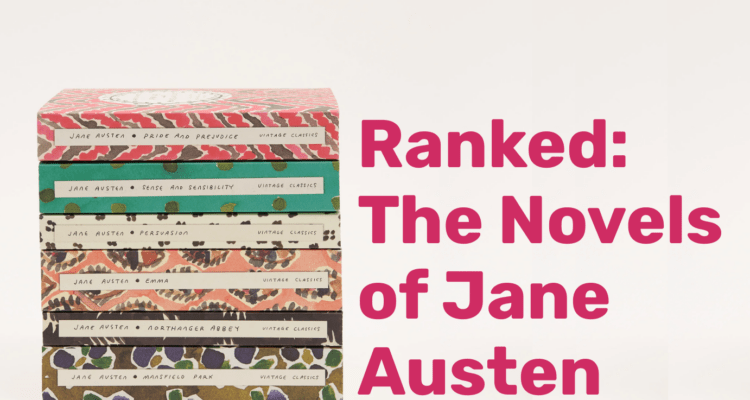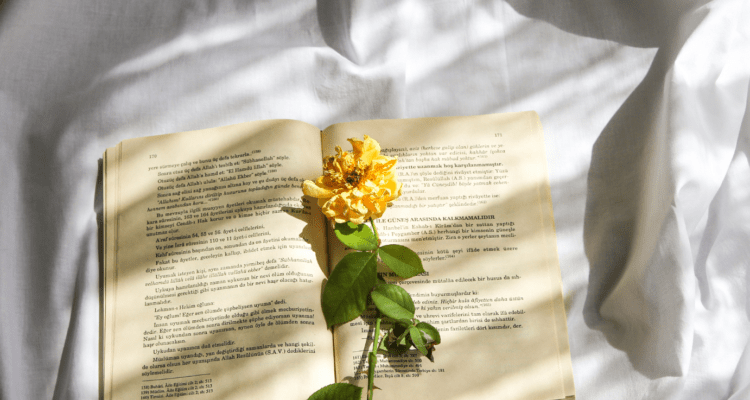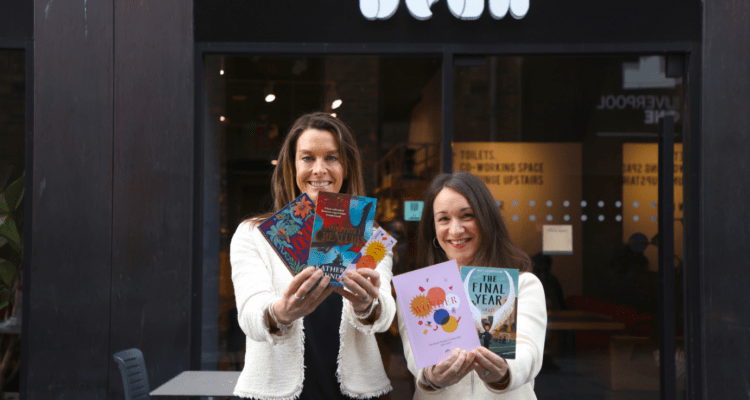Featured Poem: My House, I Say by Robert Louis Stevenson
The Reader’s Learning and Quality Leader, Chris Lynn, has chosen this week’s Featured Poem, My House, I Say by Robert Louis Stevenson
For this week’s featured poem, we’re looking at ‘My House, I say’ by Robert Louis Stevenson. Let’s get stuck in.
This poems speaks to me about our deep human instinct to ‘possess’ and our relationship with this internal force. I’m struck by the strong assertion at the start of the poem ‘My House, I say’ – it makes me ask myself, what or where is this house? Are there any translations we have for ourselves? It boldly articulates something – is it a desire for territorial order, domestic boundaries, a defending of selfhood? However, this thought is followed, and interrupted, immediately with a ‘But’….
A softening of outlook ensues, as we consider the other natural wonders that share this space. Other presences make it ‘Our House’. However ‘mine’ is still caught up in all this
Our house, they say; and mine, the cat declares
And spreads his golden fleece upon the chairs;
What do we learn from the dog in the poem? The italics appear as the internal monologue of the dog to defend his patch, or his family to any end. Who’s that! Go away! Why do some dogs react that way? Do we want them to react this way or not? ‘profane’ holds a lot here:
And mine the dog, and rises stiff with wrath
If any alien foot profane the path
I’m also thinking of the journey that children (as well as adults!), go through when we try to nurture and encourage children to ‘share’ with others. Is this a betrayal of a primal instinct to accumulate resources, or an opportunity for us to project our aspirational ideals of co-operation on to our mouldable little ones? I have been present when a child has experienced the injustice of sharing their very own supremely loved object - felt as an incomprehensible betrayal! Whilst the feeling may have dulled as we grow older, or become entangled in our layered adult minds, I can certainly recognise that feeling in my internal world – ‘but that’s mine!’ ‘When does that thought appear in us?’
As we move through the poem, the scope widens:
So, too, the buck that trimmed my terraces,
Our whilom gardener, called the garden his;
Who now, deposed, surveys my plain abode
And his late kingdom, only from the road.
We end on a minor key, ‘only from the road’ the gardener’s detachment and loss of his beloved garden he has dedicated time and care to building. Are we being called to recognise that care and ownerships that exists amongst all things in our shared mutual lives? Or does the gardener need to ‘let go’ of his attachment to his creation? I think I need to read it a few more times…
It feels as though we are being asked to consider ourselves in relation to beings and think through our wider ideas of ownership - where does it begin and end? We seem to end on a breakthrough moment for the voice of the poem, an awakening of empathy that calls into question how we negotiate the complex paths of our shared world.
My House, I Say
My house, I say. But hark to the sunny doves
That make my roof the arena of their loves,
That gyre about the gable all day long
And fill the chimneys with their murmurous song:
Our house, they say; and mine, the cat declares
And spreads his golden fleece upon the chairs;
And mine the dog, and rises stiff with wrath
If any alien foot profane the path.
So, too, the buck that trimmed my terraces,
Our whilom gardener, called the garden his;
Who now, deposed, surveys my plain abode
And his late kingdom, only from the road.
by Robert Louis Stevenson
Would you like the opportunity to read this or other poems in a Shared Reading group?
If you like the idea of listening along to a story or poem, why not come along to a Shared Reading group? We run groups across the UK, you can find one near you here.
If you can’t find a group in your local community, why not help us bring Shared Reading to your area by becoming a volunteer?
Share
Related Articles

Ranked: The Novels of Jane Austen
2025 marks the 250th anniversary of Jane Austen's birth and it's got us thinking about what an incredible legacy she…

March’s Stories and Poems
With spring on its way, the world around us is beginning to fill up with new wonders. This month, we…

Liverpool ONE unveils book corners in partnership with The Reader to help boost literacy across the city
Liverpool ONE has unveiled a collection of ‘reading corners’ in a bid to help boost literacy levels among local people.…


